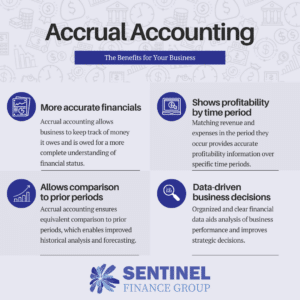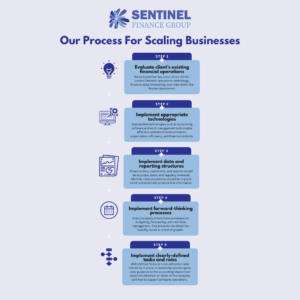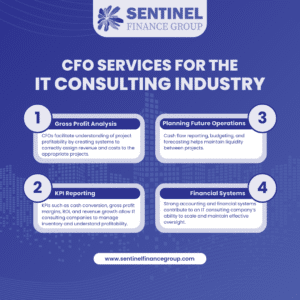Businesses are often looking for funding to grow. The four main funding sources are bank loans, venture capitalists, angel investors, and self-funding. Each of these funding types come with pros and cons, so it’s important to pursue the correct one for your business situation.
The most common type of business financing is a traditional bank loan. A bank may provide a loan for a specific project, such as building a new building. A bank can also provide a line of credit if you need to bridge a gap in operational expenses. Banks don’t want equity in your business, but they do want a return on their investment. Therefore, banks come with terms like interest rates, repayment periods, and fees. A bank will analyze a company’s balance sheet & P&L to ensure a business brings in enough cash to afford the loan terms. A bank is interested in a company’s debt to equity ratio, which demonstrates if a business’s assets exceed its liabilities. They also want to see that a company is currently in a profitable period that makes it likely it will repay the loan.
A venture capitalist (VC) is an investor (generally a firm) that provides capital in exchange for equity. This means a portion of all future profits will be distributed to this partner based on how much equity they hold. Owners will have to find a specific VC that wants to invest in their business, because they often have industry and revenue requirements. However, because they know the industry, they will be a better source of advice and assistance than a bank.
An angel investor is any private investor. They are often wealthy individuals who provide a business’s initial investment. They are less regulated than banks or VCs so their terms and involvement level will vary, but they often want equity.
Finally, self-funding is common among new business owners, and is often necessary in the beginning because no one else believes in the business or there’s a lack of a success record to show investors. The benefits of self-funding are that business owners get to keep their equity, and it’s lower risk than defaulting on loans. But it also has some major downsides. First, you put your own personal wealth at risk. Second, it can substantially limit a business’s potential if growth opportunities are available. Taking on debt or giving away equity isn’t good in every situation, but it may be if you can take advantage of a major growth opportunity that will take your business to new levels.
I did not include grants in the major sources of funding because they are generally not a reliable source of funding. Grants come from the charity of others which may dry up in bad economic times. Grants can be a good boost if you’re a small business or nonprofit, but grants are usually more of a small push than something that will catapult a business to the next level. It’s also important to keep in mind that grants typically come with specific requirements, so they aren’t just free money.
No matter what type of funding source you pursue, your benefits need to substantially exceed whatever you’re giving away. If you get a bank loan, your additional future profit needs to be able to substantially exceed the loan costs. If you give away equity, your benefit needs to be able to exceed the future payouts.
Sentinel Finance Group is connected to a local network of different resources and investors. We can help you determine which type of funding source is right for your business situation, and we can prepare the financial documentation that is required.
Sentinel Finance Group is an outsourced CFO firm in Kansas City and provides fractional CFO services and controller services to local businesses.




